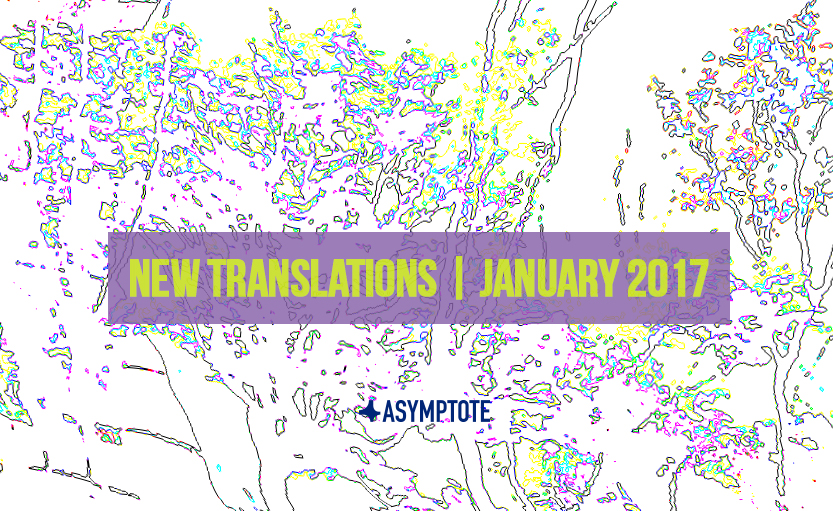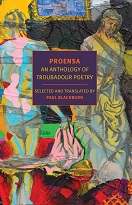Here we are with this week’s news on exciting developments in the world of literature! Our Editor-At-Large for Singapore, Tse Hao Guang, updates us on new translation initiatives and experimental literary events. Sarah Moses, our Editor-At-Large for Argentina and Uruguay, fills us in on recent literary festivals and on an event honoring everyone’s favorite cartoon cynic. Finally, Tomás Cohen, our Editor-At-Large for Chile, tells us about some exciting new publications appearing in the region.
Tse Hao Guang, Editor-At-Large, with the latest updates from Singapore:
In the spirit of experimentation, stalwart independent bookstore Booksactually devised a Book Prescription Day (Sep 30) in conjunction with #BuySingLit, inviting the public to meet seven authors one-on-one as they administered literary balm to all manner of ailments. Literary nonprofit Sing Lit Station put on a zany, rave-reviewed, pro-wrestling-meets-spoken-word spectacle Sing Lit Body Slam (October 6-7), selling out on opening night. Sing Lit Station also announced the 2018 Hawker Prize for Southeast Asian Poetry, awarding the best poems published by SEA-affiliated journals to a combined tune of SGD$2500 (USD$1800). Finally, Singapore played host to the 2nd Asian Women Writers’ Festival (September 29-30), with Singaporean novelists Balli Kaur Jaswal and Nuraliah Norasid speaking alongside other writers from the UK, the Philippines, Pakistan, and India.



